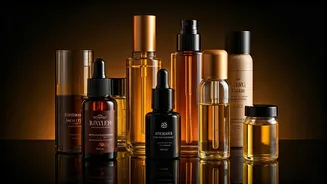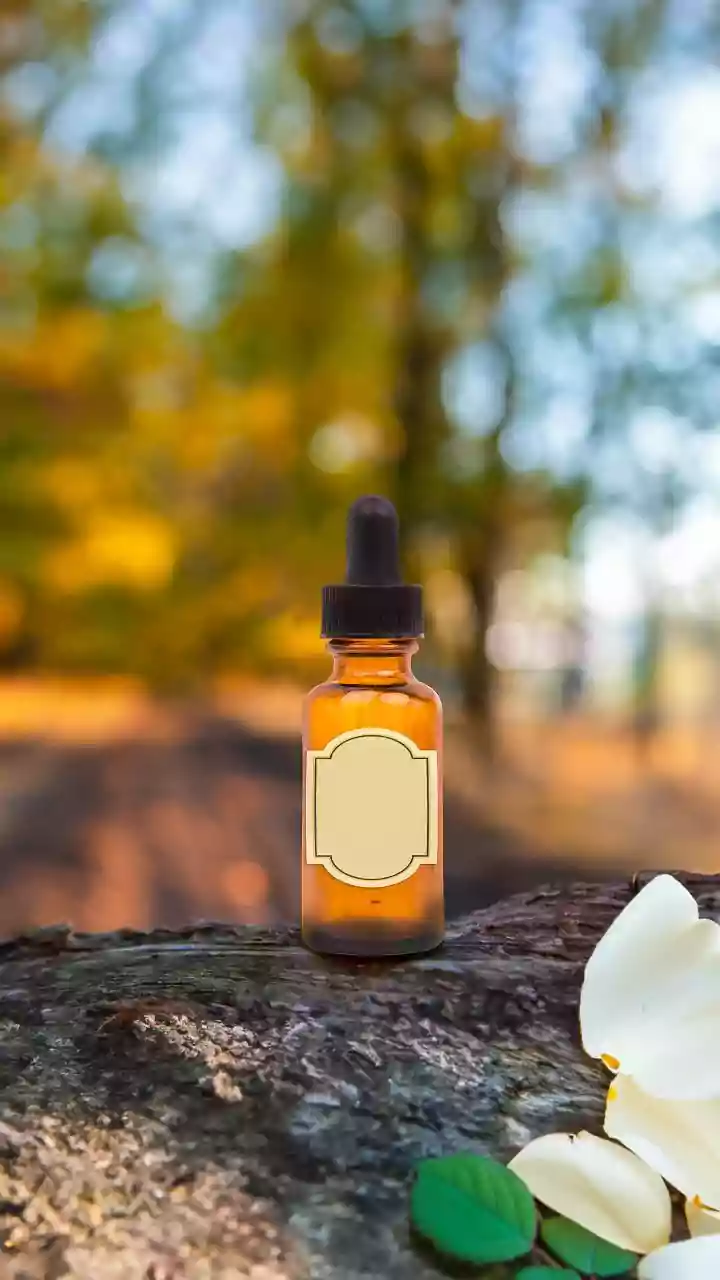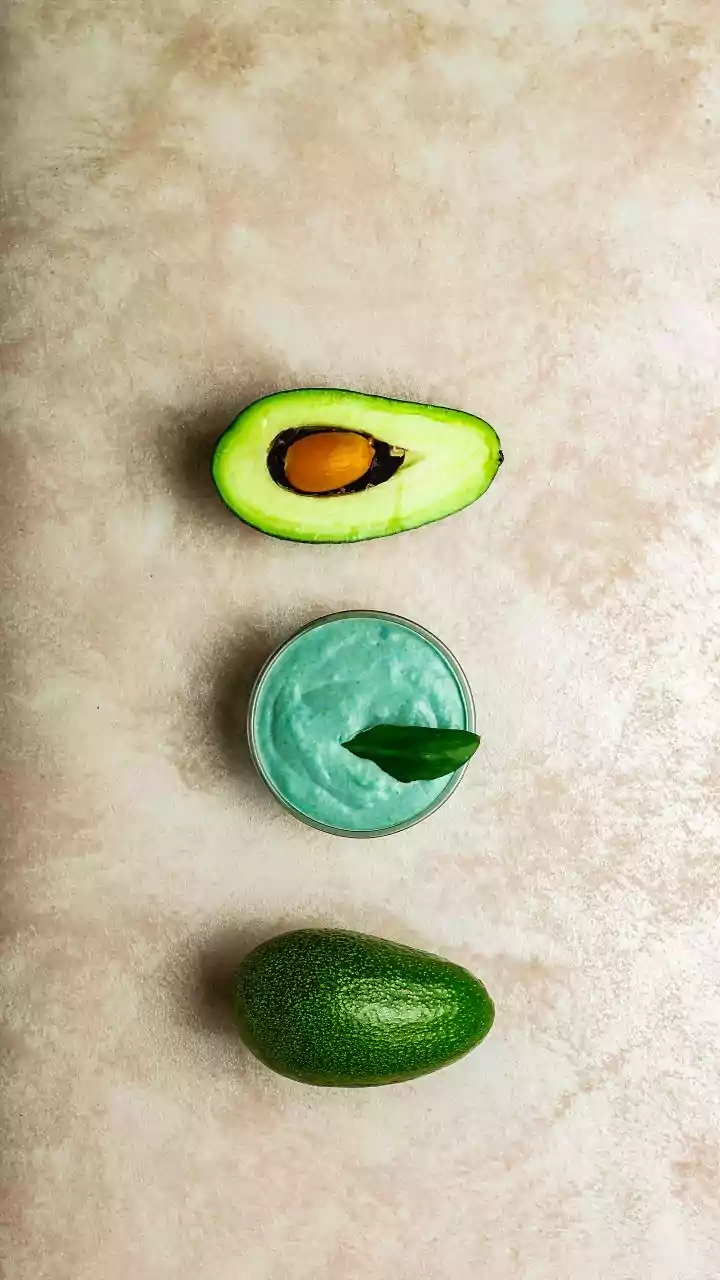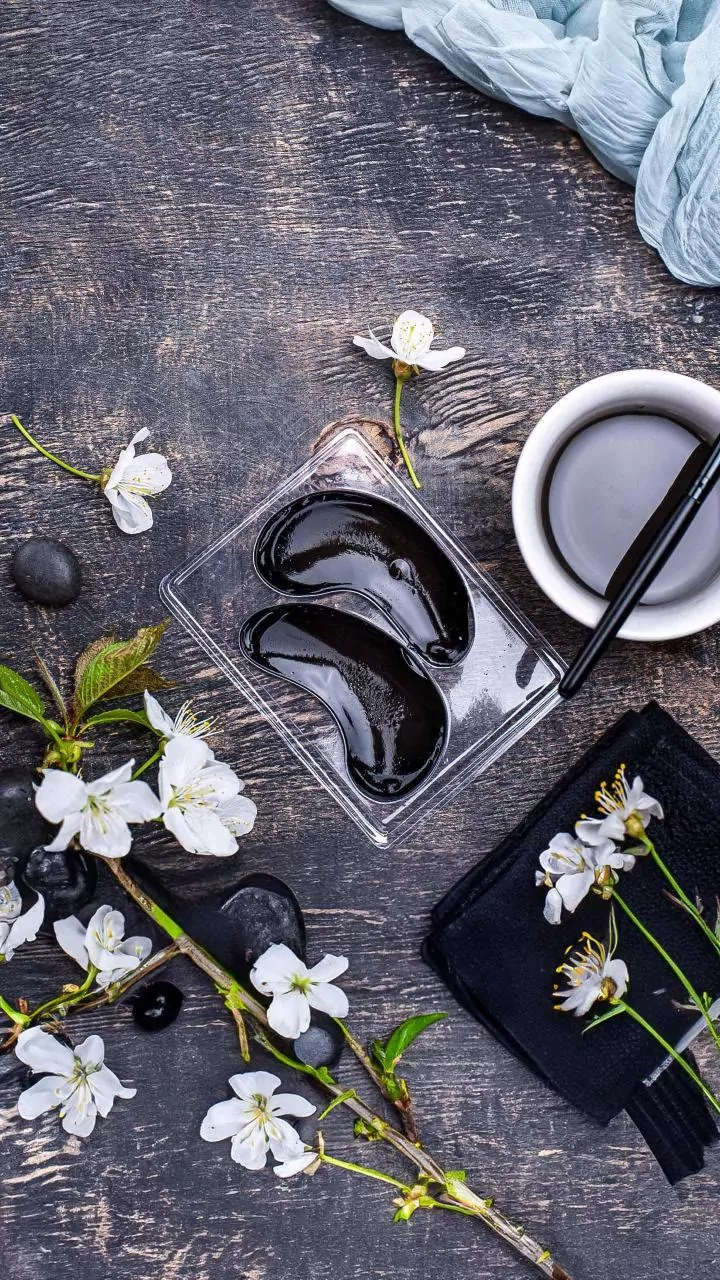Choosing the Wrong Oil
Selecting the right hair oil is the initial step toward healthy hair. People often make the mistake of using oils that are not suitable for their hair type,
leading to adverse effects. For instance, individuals with oily scalps should steer clear of heavy oils, such as coconut oil, which can exacerbate oiliness. Instead, they might benefit from lighter oils like jojoba or argan oil. Those with dry hair can opt for richer oils like almond or olive oil, which deliver enhanced moisture. Furthermore, consideration should be given to the oil's components. Some oils might suit some hair types better than others. Understanding your hair's specific needs and selecting oils tailored to those needs is crucial. A simple patch test can also help identify potential sensitivities. Always remember that the correct oil choice sets the stage for efficient hair care, enabling nutrients to reach the hair shaft and scalp effectively.
Using Too Much Oil
Applying excessive oil to the hair is a common blunder that can cause more harm than good. A common assumption is that more oil equals better results. However, excessive amounts can make the hair heavy, greasy, and lifeless. The oil can accumulate on the scalp, blocking pores, and potentially leading to dandruff or other scalp issues. The right amount varies based on hair thickness and length. A few drops are often enough for fine hair, while thicker hair might need slightly more. The key is to distribute the oil evenly, starting with the scalp and working your way down the hair strands. Using too much oil might also make it difficult to wash out, necessitating more shampoo and potentially stripping the hair of its natural oils. Start with a small amount and gradually adjust based on your hair's needs and the oil's absorption rate. The goal is to nourish the hair without weighing it down, which can ensure the benefits of hair oiling are fully realized.
Aggressive Massage Technique
The way you massage oil into your scalp significantly impacts its effectiveness. Some individuals are overzealous, applying excessive pressure and vigorous movements while massaging. This can cause the hair follicles to become weak and lead to hair breakage and even inflammation. The scalp is a sensitive area, and rough massage can cause irritation, making the situation worse. Gentle, circular motions with fingertips are recommended. This approach encourages blood circulation without causing damage. Begin at the hairline and slowly work your way toward the back of the head, ensuring every part of the scalp receives attention. The massage should be relaxing and enjoyable, not painful. A slow, steady technique facilitates nutrient absorption and stimulates hair growth. By maintaining a gentle approach during the massage, you're helping your hair stay healthy and promoting a serene hair-care practice.
Ignoring Scalp Issues
Another frequent error is ignoring scalp conditions while oiling hair. Many users overlook the importance of the scalp's health, which is essential for healthy hair growth. Conditions like dandruff, dryness, or irritation should be addressed before or alongside the oiling routine. Applying oil to an unhealthy scalp can worsen the condition, causing itching, flaking, or even hair loss. If you experience any scalp problems, it's wise to identify the root causes. Use medicated shampoos or consult a dermatologist. Once the scalp is in good condition, oiling can be a valuable addition to your hair care regimen. Remember that a healthy scalp is the foundation of healthy hair, and neglecting it can compromise the effectiveness of your oiling routine and impede your goals for healthier, more radiant hair.
Leaving Oil Overnight
Leaving oil in your hair for extended periods, especially overnight, is a practice that needs reconsideration. While some believe longer exposure enhances the benefits, it can actually cause issues. Oiling overnight may lead to clogged pores, attracting dust and pollution, resulting in a greasy build-up that necessitates more shampooing and potential stripping of essential oils. The ideal duration for oiling typically ranges from 30 minutes to a few hours before washing. This duration allows the oil to penetrate the hair shaft and scalp without overloading them. It is important to remember that leaving oil on for an extended time is not necessarily more advantageous. Rather, it may cause problems like excessive oiliness or scalp issues. Following a well-timed oiling routine helps you get the most advantages of the oil treatment without causing damage.



















